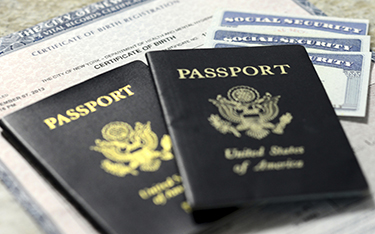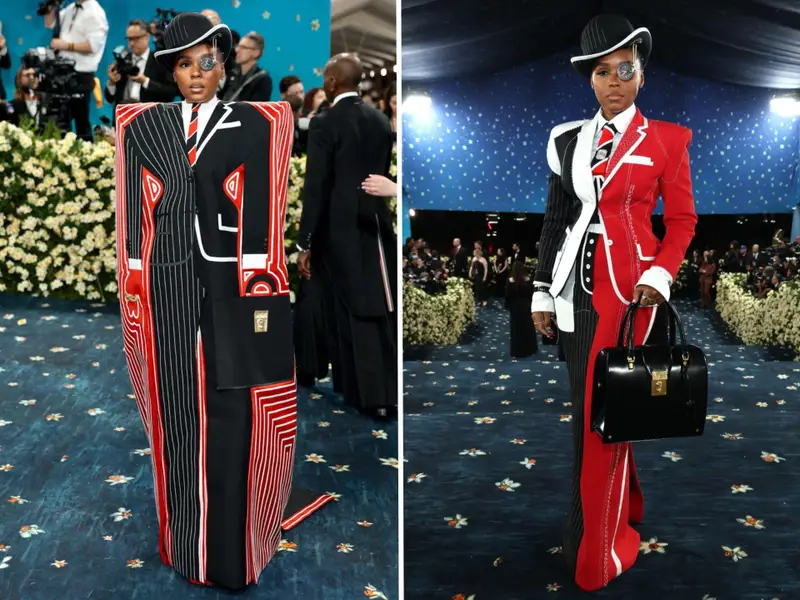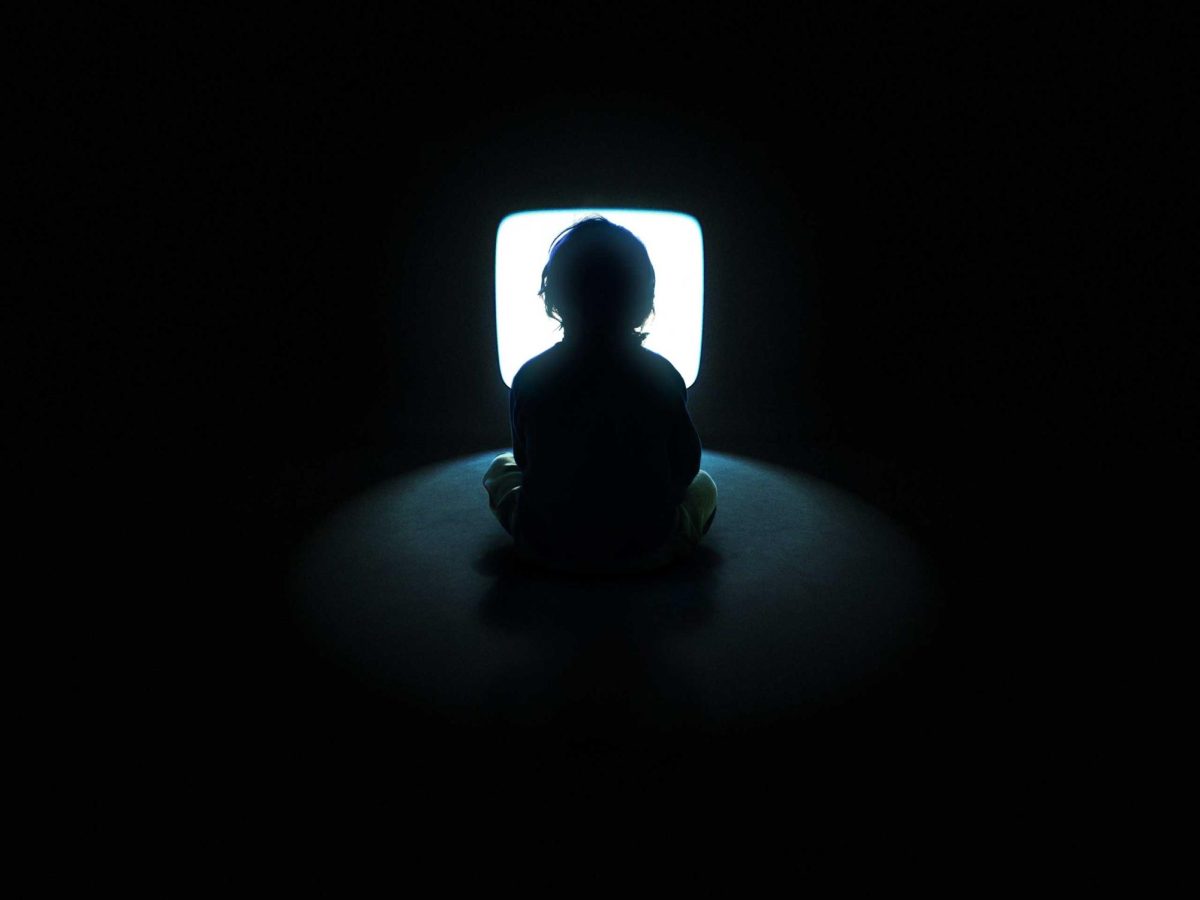Recently, a new makeup trend has emerged, causing quite a stir in the beauty industry. Tweenagers, children between nine and twelve, are increasingly visiting Sephora stores and purchasing skincare and makeup products for adults. This issue, known as the “Sephora tweens” issue, has sparked many debates and concerns.
Health Problems
One of the primary concerns is the potential health risks associated with the use of adult skincare and makeup products by tweens. Dr. Nava Greenfield, a dermatologist working at Schweiger Dermatology Group, argues that the active ingredients in these products may not be suitable for young skin. Young skin is still in its developmental phase and is more sensitive than adult skin. Using adult skincare products could lead to adverse reactions, including skin irritation, allergies, and long-term damage.
Behavioral Issues Seen In Sephora
There have been reports of tweens being rude, pushy, and misusing the store’s sample products. This behavior disrupts the shopping experience for other customers and raises questions about the values and manners being instilled in these young consumers. This hormonal imbalance could potentially lead to more aggressive behavior in tweens, adding another layer of concern to the issue.
Parenting Debate
The issue has sparked a debate among parents. Mother Karyn Agosto states a controversial opinion in The Boston Globe, that parents should not allow their children to engage in such behavior. Agosto also points to the role of social media influencers and the beauty culture that capitalizes on girls’ insecurities to drive sales. This culture can have a significant impact on self-esteem and anxiety levels among tweens, leading to further discussions about the appropriateness of such influences.
Store Environment
The presence of tweens in Sephora stores has led to a chaotic environment. Products are being used up, displays are being destroyed, and employees and customers are being verbally abused. This affects the store’s bottom line and the overall shopping experience. It raises questions about the responsibility of stores in managing such situations and ensuring a pleasant shopping environment for all customers.
Interviews
Let’s take a look at what the Fallon community has to say about this rising issue.
Avanika Garlapati, a sixth grader, explains her take on the “Sephora Tweens” topic, saying, “I’ve heard a little bit about the Sephora Tweens Issue, and I think that it is really unnecessary. I believe that teenagers should use natural-driven skincare products. For example, aloe vera gel has really helped my skin glow.”
Furthermore, Sreenya Pragada, a sixth grader, shares her thoughts on using makeup as a tween, “I have heard a lot about the Sephora Tweens issue, and I believe that it is pretty subjective. I think it is your choice whether or not you want to go to Sephora. I go to Sephora frequently, and some products have helped me with my skin. However, you can’t just go around Sephora and treat it terribly. This is definitely the main issue, not makeup.”
Avanika Garlapati emphasizes the importance of natural-driven skincare products for teenagers. Avanika’s stance aligns with the idea that simplicity and natural ingredients can effectively maintain healthy skin. Sreenya Pragada, on the other hand, acknowledges the subjectivity of the Sephora Tweens issue. However, she also highlights a crucial concern: respectful behavior within the store. According to Sreenya, the main issue lies in how tweens treat the store environment rather than the makeup itself.
Impact on Self-esteem and Anxiety
Mental health experts suggest that this trend could lead to unprecedented levels of anxiety and self-esteem issues among children. The pressure to look a certain way and fit into societal beauty standards can have long-term psychological effects. This pressure, coupled with the influence of social media and peer pressure, can lead to a significant increase in stress and anxiety levels among tweens.
In conclusion, the “Sephora tweens” issue is complex and requires the attention of parents, educators, and policymakers. It’s a call to reassess our beauty standards, the influence of social media, and how we raise our children in a consumer-driven society. It’s crucial to balance allowing tweens to explore their interests and ensuring their physical and mental well-being.
Sources:





















